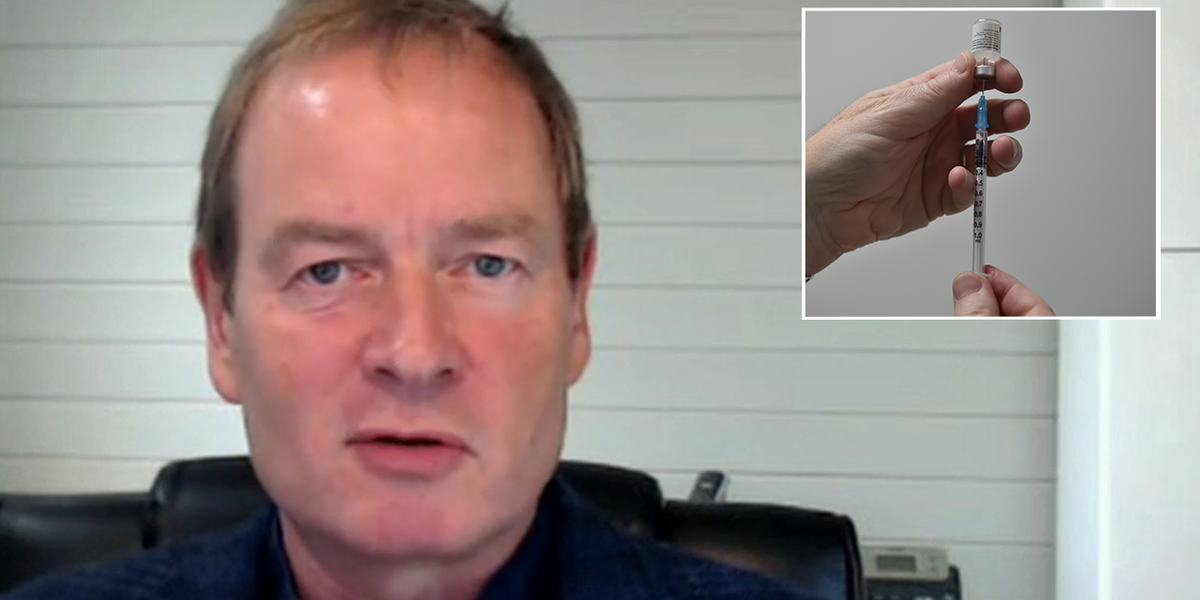The Legal Battle Over Covid Vaccination for Individuals with Disabilities: A Case Study
In a poignant and complex legal battle, a family is currently embroiled in a dispute with the National Health Service (NHS) regarding the vaccination of a man with Down’s syndrome. The case has garnered significant attention, raising critical questions about medical autonomy, capacity, and the ethical implications of vaccination policies for vulnerable populations.
Background of the Case
The individual at the center of this legal struggle, referred to as Adam to protect his identity, is a man in his thirties who has been receiving covert medication to facilitate the administration of the AstraZeneca Covid vaccine and its boosters. Since 2021, Adam has been consuming drinks secretly laced with drugs to enable healthcare providers to vaccinate him against his will. This situation has arisen because Adam is deemed to "lack capacity" to make informed decisions regarding his medical treatment, as determined by a series of Court of Protection orders.
Legal Representation and Claims
Stephen Jackson, the lawyer representing Adam’s mother, recently spoke on GB News about the implications of the case. He expressed concerns over the methods being employed to vaccinate Adam, arguing that the actions taken by the NHS could be construed as “forcible” vaccination, which he likened to assault. Jackson emphasized that while the authorities claim to act in Adam’s best interests, the approach taken raises significant ethical questions.
Understanding Adam’s Perspective
Jackson highlighted that Adam, despite his disabilities, possesses the ability to express preferences. He noted that Adam enjoys social interactions, can communicate his desires, and has consistently indicated his refusal of medical treatment. “He can say if he doesn’t want medical treatment, and that is what he does,” Jackson stated, pointing out that Adam has shown a clear understanding of the vaccination process and has repeatedly declined it.
The lawyer also questioned the rationale behind the court’s decisions, stating, “If we look at Adam’s risk group, his one isn’t particularly vulnerable.” He argued that the Court of Protection, which is designed to advocate for individuals who cannot speak for themselves, should respect Adam’s dignity and autonomy.
The Court’s Ruling and Its Implications
In 2021, a court ruling allowed the methods of vaccinating Adam to proceed, asserting that it was in his best interest. This decision was made despite Adam’s expressed wishes against receiving the vaccine. The court concluded that Adam’s mother was not in a position to challenge the efficacy of the vaccine, leading to a situation where Adam’s autonomy was overridden by legal authority.
The ruling noted that while Adam shook his head and said "no" when shown images of vaccination, the care facility claimed he had “little understanding” of the situation. This raises critical questions about the interpretation of capacity and consent, particularly for individuals with disabilities.
Broader Implications for Medical Ethics
This case is emblematic of a larger conversation about the rights of individuals with disabilities in medical decision-making. It challenges the balance between protecting vulnerable individuals and respecting their autonomy. The ethical implications of forcibly administering medical treatments to those who cannot fully comprehend the situation are profound and warrant careful consideration.
As the legal battle unfolds, it highlights the need for a nuanced approach to healthcare for individuals with disabilities, one that prioritizes their voices and choices. The case also underscores the importance of ongoing dialogue about the rights of patients, particularly in the context of public health initiatives like vaccination.
Conclusion
The legal proceedings involving Adam and the NHS serve as a critical reminder of the complexities surrounding medical consent and the rights of individuals with disabilities. As the case progresses, it will undoubtedly continue to spark debate about the ethical responsibilities of healthcare providers and the legal system in safeguarding the dignity and autonomy of vulnerable populations. The outcome may set important precedents for how similar cases are handled in the future, shaping the landscape of medical ethics and patient rights in the UK and beyond.
